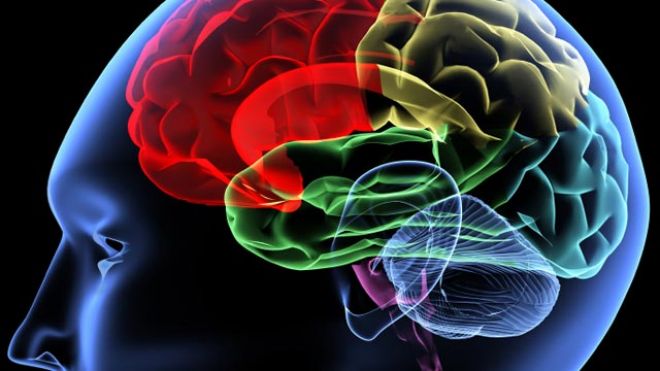The landscape of genetic testing has broadened to include a range of diseases, and demand for testing and counseling has greatly increased because of direct-to-consumer marketing, says the study’s lead investigator, Marc Schwartz, PhD, co-leader of Georgetown Lombardi’s Cancer Prevention and Control Program. "It’s important that all people interested in testing have access to thorough information so they can consider the implications of test results and interpret them in the context of family history," says Schwartz, who is also co-leader of the Fisher Center for Familial Cancer Research at Georgetown. "Counseling on the phone reduces costs and expands genetic counseling and testing access to rural areas, where counseling isn’t always available." While this study was conducted with women considering testing for mutations in the breast or ovarian cancer genes BRCA1 and/or BRCA2, the findings "may extend to genetic counseling for other hereditary cancers and complex conditions in adults such as heart disease," says co-author Beth N. …
